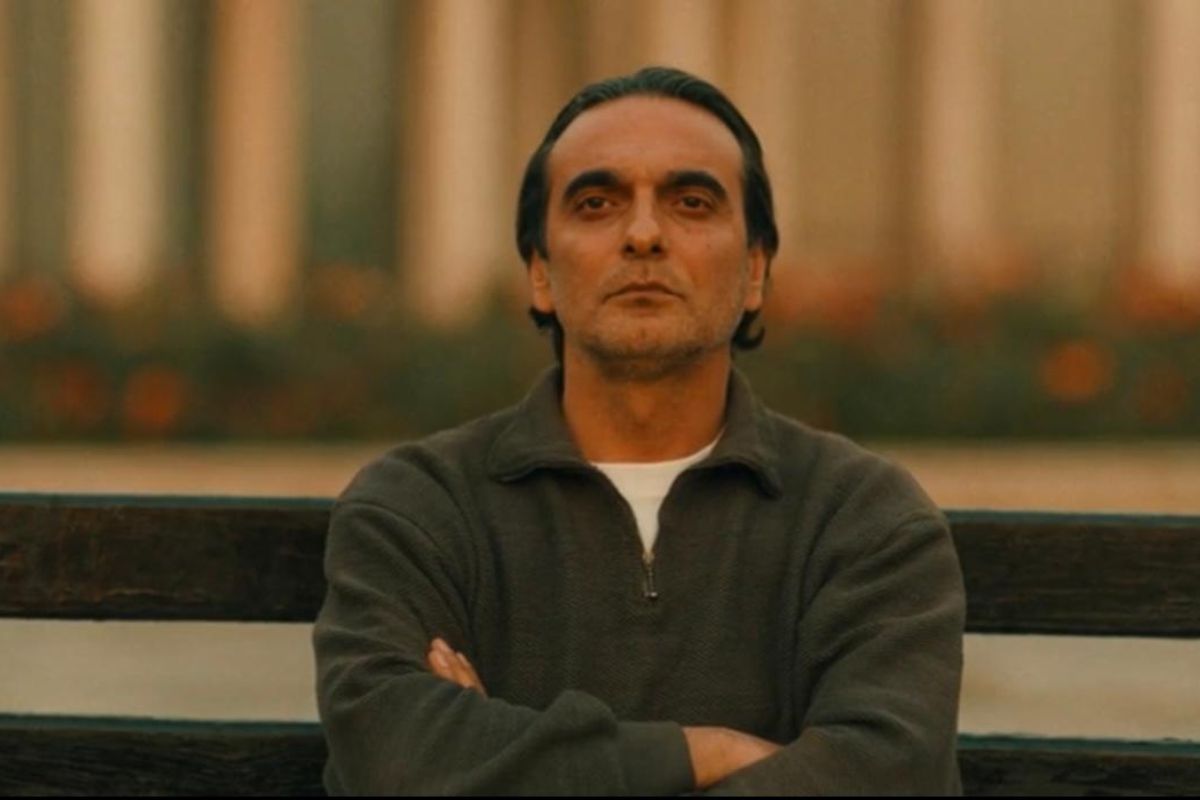
Published: : November 12, 2025, 10:52 AM

The world of cinema mourns the passing of Homayoun Ershadi, the Iranian actor whose calm and reflective presence left an indelible mark on audiences worldwide. He died on 11 November 2025 at the age of 78 after a battle with cancer. Ershadi was never a conventional star; he did not rely on glamour, spectacle, or flashy performances. Instead, his strength lay in authenticity, patience, and subtlety. His quiet demeanor and the weight of his presence conveyed emotions that often went unspoken but were deeply felt by viewers. This loss is profound not only because of his talent but because his approach represented a rare cinematic philosophy, one where minimalism and sincerity create powerful connections. In his death, the film world reflects on the delicate artistry he embodied, the spaces he filled with human emotion, and the lessons future actors and filmmakers can learn from his understated yet profound career.
Homayoun Ershadi’s journey into acting is one of life’s unexpected twists. Born in Isfahan, Iran, in 1947, he trained as an architect, studying in Italy and later practicing in Tehran. He built structures, observed human behavior, and cultivated a life grounded in patience and attention to detail. Acting was never a goal or ambition. Yet, in a moment that seems almost cinematic itself, Abbas Kiarostami spotted him sitting in traffic and invited him to play the lead in Taste of Cherry (1997). This encounter transformed Ershadi’s life overnight. His lack of formal training became an asset; his years of observing life and understanding human presence allowed him to embody roles with remarkable authenticity. The transition from architect to actor illustrates that great talent often emerges in unexpected places and that life experience can translate into profound artistry. Ershadi’s story is a testament to chance, readiness, and the subtle power of lived experience, which shaped every performance he gave.
In Taste of Cherry, Ershadi’s portrayal of Mr. Badii, a man searching for someone to bury him after his planned suicide, demonstrates his mastery of minimalist performance. The film won the Palme d’Or at Cannes, but it is Ershadi’s stillness and presence that remain unforgettable. He did not rely on exaggerated gestures or dialogue; every glance, pause, and movement carried profound emotional weight. His performance allows the audience to inhabit the quiet, contemplative spaces of human experience, demonstrating the power of subtlety in storytelling. For students and cinephiles, his work is a lesson in how authenticity and observation can replace technical skill or dramatic expression. Ershadi’s minimalist style invites reflection, offering viewers an emotional intimacy rarely achieved in cinema. His death is not only the loss of a remarkable actor but of an approach to performance that emphasizes humanity, patience, and introspection, reminding us how cinema can convey the depth of ordinary lives.
After Taste of Cherry, Ershadi continued acting both in Iranian and international cinema, consistently bringing his understated style to each role. In Iran, he appeared in The Pear Tree (1998), exploring memory, love, and human reflection. Internationally, he appeared in The Kite Runner (2007), Zero Dark Thirty (2012), and A Most Wanted Man (2014). In every film, Ershadi remained true to his minimalist approach, demonstrating that authenticity transcends culture and language. He never sought the limelight, yet he became a bridge between Iranian and global cinema. His calm and reflective presence provided a counterpoint to the frenetic pace of modern filmmaking. His passing underscores the rarity of performers who rely on subtlety rather than spectacle and leaves a gap in both Iranian and world cinema. Future actors and filmmakers can look to Ershadi’s work as a guide for achieving emotional depth with restraint and sincerity.
Homayoun Ershadi’s death marks the loss of more than an actor; it represents the passing of a cinematic philosophy. Beginning his acting career in his 50s, he showed that it is never too late to pursue new paths. His work demonstrates how lived experience, observation, and authenticity can create performances that remain timeless. Ershadi’s minimalist approach teaches that silence and stillness can communicate more than words or gestures. For students, scholars, and cinephiles, his career is a case study in subtlety, human depth, and the power of non-professional actors. His passing invites reflection on the fragility of life, the unexpected paths of opportunity, and the beauty of art grounded in reality. Homayoun Ershadi leaves a legacy that will continue to inspire filmmakers and audiences, reminding us that cinema is most powerful when it reflects human truth with honesty, patience, and presence.